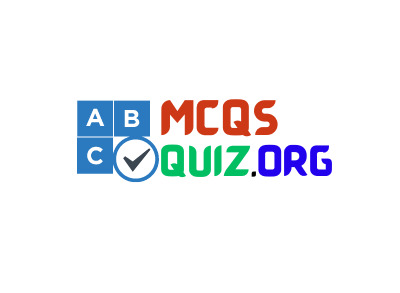Multiple Choice Questions (MCQs) are one of the most widely used assessment formats in education, exams, and professional certifications. They offer a structured way to test knowledge across various subjects. This guide explores the features of MCQs, their advantages, and best practices for both creating and answering MCQs.
Table of Contents
ToggleWhat Are MCQs?
MCQs Quiz are assessment tools that consist of a question followed by multiple answer options, typically with one correct answer and several distractors. The goal is to assess a person’s understanding of the subject matter in a clear and efficient manner. MCQs are popular because they allow for quick grading and cover a broad range of content.
Components of an MCQ
-
Stem: The question or problem posed to the test-taker. It’s the core part of the MCQ and sets the context for the answer choices.
-
Options/Choices: The set of possible answers. One of these will be the correct response, while the others serve as distractors.
-
Key: The correct answer to the question.
-
Distractors: The incorrect options designed to test the test-taker’s depth of knowledge.
Advantages of MCQs
- Efficiency: MCQs allow for the testing of a wide range of content in a short period.
- Objective Grading: Grading is fast and unbiased since answers are pre-determined.
- Versatility: MCQs can be used in various fields, from education to professional exams and certifications.
- Comprehensive Assessment: Multiple concepts can be covered in a single test, ensuring a broad evaluation of a learner’s understanding.
Best Practices for Designing MCQs
-
Clear and Concise Language: The question should be easy to understand. Avoid ambiguity.
-
Plausible Distractors: Distractors should be realistic to prevent guessing and to challenge the test-taker’s knowledge.
-
Avoid Tricky Questions: MCQs should focus on assessing knowledge, not on tricking the test-taker.
-
Balanced Question Difficulty: Mix questions of varying difficulty to assess both basic and advanced understanding.
How to Answer MCQs Effectively
-
Read the Stem Carefully: Understand what is being asked before reviewing the options.
-
Eliminate Obvious Wrong Answers: Cross out options that are clearly incorrect to improve your chances if you need to guess.
-
Look for Keywords: Pay attention to words like “always,” “never,” or “usually,” as they can guide you to the correct answer.
-
Don’t Overthink: Often, your first instinct is correct, so trust your initial response unless you have a strong reason to change it.
Common Pitfalls in MCQs
- Misleading Distractors: Distractors that are too similar to the correct answer can confuse test-takers.
- Overuse of “All of the Above” or “None of the Above”: These options can be overused, making the quiz less effective in assessing understanding.
- Vague Questions: Ambiguous wording can lead to confusion and incorrect answers.
Conclusion
MCQs quizzes are an efficient and versatile way to assess knowledge, offering benefits like quick grading, broad content coverage, and objective evaluation. Whether you’re designing an MCQ quiz or preparing for one, understanding the structure, advantages, and best practices can help you get the most out of this assessment tool.
